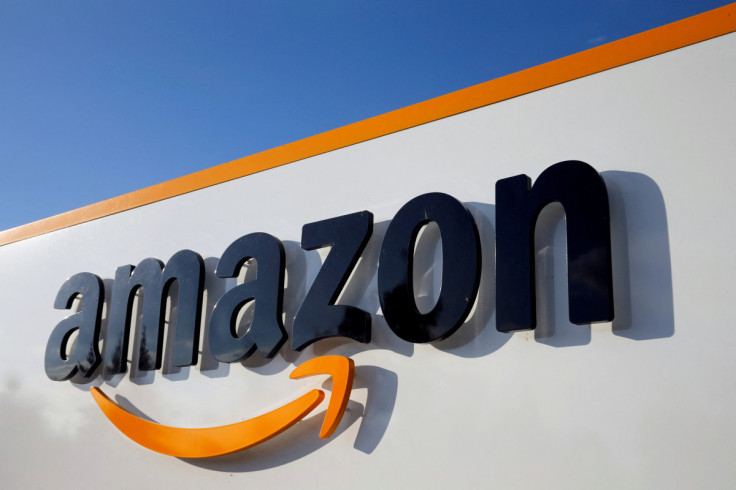From iRobot To Antitrust Battles: Amazon CEO Speaks Out On Regulatory Challenges
In a recent interview with CNBC's "Squawk Box," Amazon CEO Andy Jassy voiced his frustration over increasing regulatory hurdles, particularly citing the failed acquisition of robotic vacuum maker iRobot earlier this year due to antitrust concerns. Jassy lamented the outcome, stating it was a missed opportunity for iRobot to gain a competitive edge against rivals.

Amazon had proposed acquiring iRobot for $1.7 billion, but the deal fell through after European and US regulators raised competition concerns. The collapse of the acquisition led to significant repercussions for iRobot, including a 31% reduction in staff and a staggering 75% plunge in its shares this year.
Jassy criticized regulators' decision, asserting that they trusted certain Chinese companies with sensitive consumer data more than Amazon. The iRobot case underscores the broader trend of global regulators scrutinizing Big Tech companies' expansion efforts, with antitrust enforcement becoming a top priority under the Biden administration.
The robotic vacuum industry has witnessed increased competition in recent years, with companies like Anker, Ecovacs, and Roborock challenging iRobot's once-dominant market share. Amid regulatory barriers to mergers and acquisitions, tech giants like Amazon have turned to investments in artificial intelligence startups to fuel growth.
Amazon's recent addition of $2.75 billion to its stake in AI startup Anthropic reflects this strategy, mirroring similar investments by competitors like Google and Microsoft in the AI space. However, even these partnerships have come under regulatory scrutiny, with the FTC launching an inquiry into such deals earlier this year.
Jassy urged regulators to adopt a more reasonable approach towards Big Tech deals, emphasizing the importance of fostering innovation and competition in the industry. However, Amazon itself is facing legal challenges, including an ongoing lawsuit by the FTC alleging the company operates an illegal monopoly that stifles competition and raises prices for consumers.
The lawsuit centers on Amazon's expansive third-party marketplace, which forms a significant portion of its e-commerce business. While Amazon has built a robust fulfillment and logistics infrastructure to facilitate rapid deliveries, it also grapples with challenges such as returns fraud, which costs retailers billions annually.
Jassy acknowledged the scale of returns fraud and highlighted Amazon's efforts to combat it through dedicated teams and rigorous examination of returned goods. Despite these challenges, Amazon remains a dominant force in the e-commerce landscape, navigating regulatory scrutiny and legal battles as it continues to innovate and expand its business operations.
© Copyright IBTimes 2024. All rights reserved.












